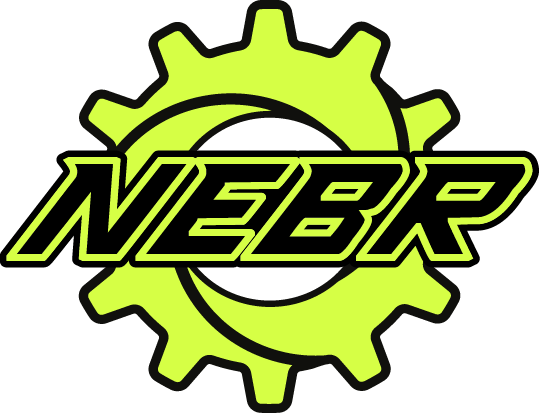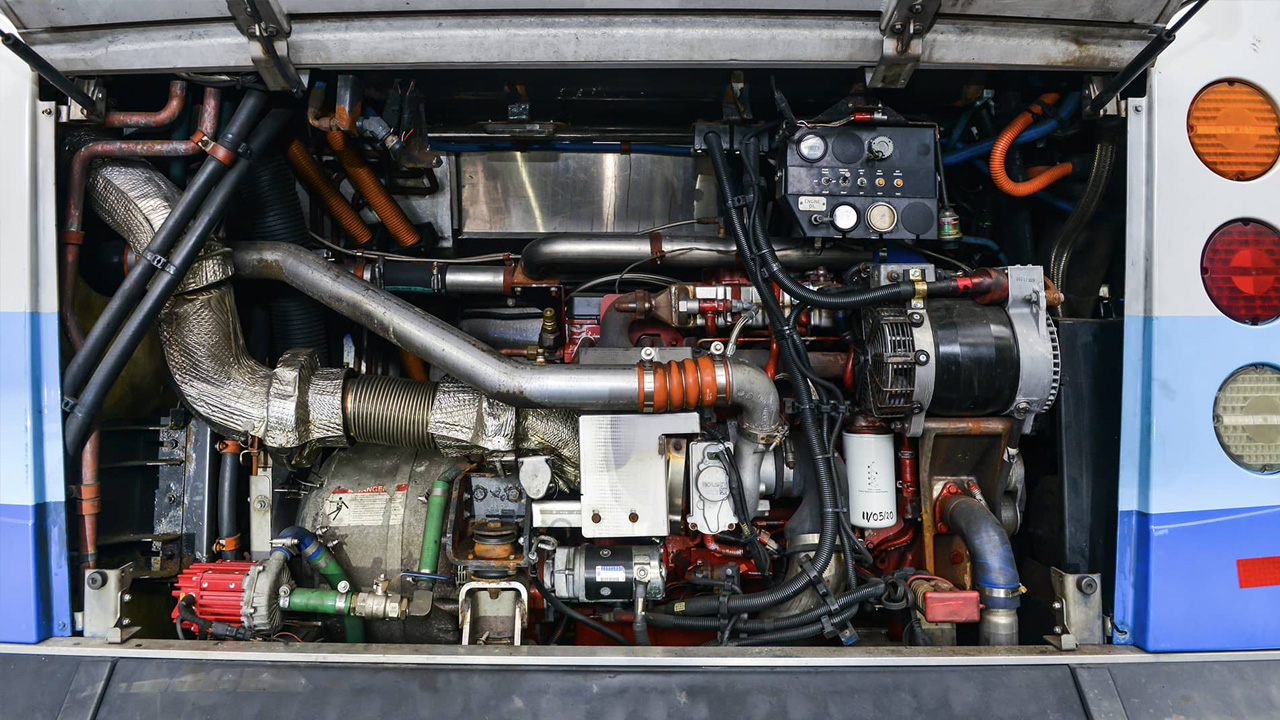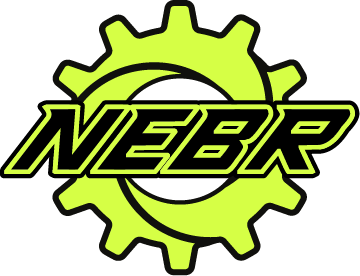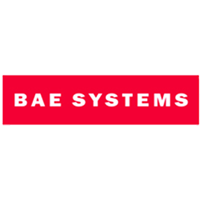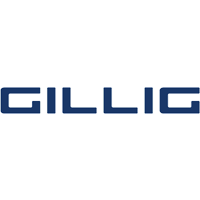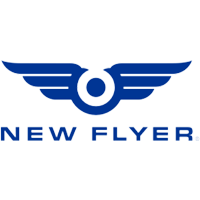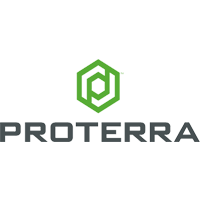Commercial bus diesel maintenance is no easy task, especially when it comes to the heart of the operation—the diesel engines. Diesel engines are powerful and built to last, but without the right care, even the toughest engines can face costly breakdowns and decreased performance. Whether you’re a fleet manager or a maintenance technician, understanding key diesel engine maintenance practices can save you time, money, and headaches down the road.
At NEBR, we specialize in commercial bus diesel maintenance and offer tailored solutions that help fleets stay on the road longer and run smoother. In this post, I’ll share some expert tips on fleet diesel engine care, including practical advice on preventive maintenance for diesel engines, insights into diesel engine diagnostics for transit buses, and some handy bus diesel repair tips that come from years of hands-on experience.
Why Commercial Bus Diesel Maintenance Matters for Bus Fleets
Diesel engines power most commercial buses because they deliver durability, fuel efficiency, and torque needed for heavy loads. But these engines work under tough conditions — stop-and-go city traffic, long highway hauls, frequent idling, and sometimes harsh weather. This environment makes diesel engine maintenance especially critical.
When maintenance is neglected, it can lead to:
- Reduced fuel economy
- Increased emissions and environmental impact
- Unexpected breakdowns and costly repairs
- Shortened engine lifespan
That’s why preventive maintenance for diesel engines isn’t just a good idea — it’s essential for fleet reliability and safety.
Key Components to Focus on in Commercial Bus Diesel Maintenance
To get the most out of your diesel engines, you need to pay attention to several critical parts and systems. Here’s what we focus on most when performing fleet diesel engine care:
Fuel System
Fuel filters and injectors should be inspected and replaced regularly. Dirty fuel can clog injectors, causing rough idling or reduced power. Contaminated fuel can also damage sensitive high-pressure fuel pumps, leading to expensive repairs. Regular fuel system maintenance is one of the most cost-effective steps you can take to protect your fleet’s diesel engines and maintain consistent performance.
Air Intake System
Clean air filters are vital. If your engine isn’t getting enough clean air, it will run inefficiently and produce more emissions. A clogged air filter can also let unfiltered particles enter the engine, accelerating wear on internal components. Maintaining your air intake system is essential not only for power output but also for extending engine life and improving fuel economy.
Cooling System
Regularly check coolant levels and the condition of hoses and radiators. Overheating is a common cause of engine failure. Coolant that’s low or contaminated can quickly lead to warped heads, blown gaskets, or even complete engine failure. A well-maintained cooling system also keeps oil at optimal viscosity, which is critical for proper lubrication and diesel engine maintenance overall.
Oil and Lubrication
Change engine oil and filters according to manufacturer guidelines. Clean oil lubricates moving parts, reduces friction, and removes contaminants. Neglecting oil changes allows harmful sludge and debris to build up, which can starve critical components of proper lubrication. Monitoring oil condition through regular analysis can also give early warning of internal wear or contamination issues.
Exhaust and Emission Systems
Keep an eye on turbochargers and emission control devices. These not only improve engine performance but also keep you compliant with regulations. A malfunctioning turbo can lead to poor acceleration and excess smoke, which hurts fuel economy and violates emissions standards. Regular inspections of your exhaust and after-treatment systems help you avoid fines, downtime, and environmental harm.
Maintenance Schedule for Key Diesel Components
| Component | Maintenance Task | Recommended Interval |
| Fuel Filters | Replacement & Inspection | Every 15,000 miles or 6 months |
| Air Filters | Cleaning or Replacement | Every 20,000 miles or quarterly |
| Cooling System | Coolant Level & Condition Check | Monthly |
| Engine Oil & Filters | Oil Change & Filter Replacement | Every 10,000-15,000 miles |
| Turbochargers | Visual Inspection & Cleaning | Every 30,000 miles or annually |
Preventive Maintenance for Diesel Engines: What Works Best
I remember early on in our shop operation, a fleet operator once told me, “I didn’t think changing oil on schedule really mattered until we had a bus stall mid-route, losing hours and passengers’ trust.” That moment stuck with me. It’s easy to put off maintenance when the bus is running fine, but it’s those small steps in preventive maintenance for diesel engines that prevent big problems.
Here are some proven best practices:
1. Daily and Weekly Visual Checks
Encourage drivers and technicians to check fluid levels, belts, hoses, and look for leaks or unusual noises every day. These quick inspections catch minor issues before they escalate.
Even something as small as a loose belt or a slow leak can lead to major breakdowns if ignored. Building these checks into your routine also promotes accountability and keeps everyone more aware of the fleet’s overall condition.
2. Use Quality Diesel Fuel and Additives
Low-grade fuel can introduce contaminants and deposits. Using quality diesel and fuel additives can improve combustion, clean injectors, and reduce engine wear.
Premium fuel and proper additives can also help prevent gelling in cold weather and reduce water buildup in the fuel system. Over time, this practice pays for itself by extending the life of key fuel system components.
3. Scheduled Oil Changes and Filter Replacements
Adhering to oil change schedules based on mileage and hours keeps engine components properly lubricated and clean. Don’t forget to log each oil change and analyze oil samples when possible, which can reveal early signs of engine wear. Staying on top of these intervals ensures your engines are protected under the harshest conditions.
4. Engine Tune-Ups and Software Updates
Regular engine tune-ups optimize performance. Also, keep the engine control unit (ECU) software updated to benefit from the latest efficiency and emissions improvements. Many manufacturers release periodic updates to improve fuel mapping and diagnostics, which can enhance both power and compliance. Skipping these updates can mean your fleet misses out on better fuel economy and lower emissions.
5. Tire Pressure and Load Management
Though it may sound unrelated, maintaining proper tire pressure and balanced loads reduces engine strain and improves fuel economy. Underinflated tires create extra rolling resistance, forcing the engine to work harder and burn more fuel. Uneven loads can also put stress on axles and suspension, which in turn impacts engine and drivetrain performance.
Diesel Engine Diagnostics for Transit Buses: Technology at Your Service
Thanks to advances in technology, diesel engine diagnostics for transit buses has become more precise and accessible than ever before. At NEBR, we use advanced diagnostic tools to scan engine control units and pinpoint problems quickly.
Why Diagnostics Matter
A dashboard warning light is just the tip of the iceberg. Modern diagnostics provide detailed fault codes that reveal issues such as:
- Fuel injection timing errors
- Sensor malfunctions
- Emission system failures
- Turbocharger inefficiencies
Using diagnostics, we can address the root cause rather than guesswork, saving time and reducing repair costs.
Common Diagnostic Trouble Codes (DTCs) and What They Mean
- P0201-P0206: Injector circuit malfunction
- P0299: Turbocharger underboost condition
- P0420: Catalyst system efficiency below threshold
Fleet operators should partner with experts who understand these codes and the complex diesel systems they represent.
Bus Diesel Repair Tips from the Experts
Even with the best maintenance, repairs will occasionally be necessary. Here are some practical bus diesel repair tips we share with fleet teams to prevent minor issues from becoming major headaches:
- Inspect and replace belts and hoses regularly. Cracks or leaks here can cause engine overheating or failure.
- Monitor the exhaust system for leaks or soot buildup. Excessive soot can signal incomplete combustion or turbo issues.
- Keep battery terminals clean and check electrical connections. A weak battery can cause starting problems that stress the engine.
- Address engine noises or smoke promptly. These are often early warning signs of deeper problems.
If repairs become complex, don’t hesitate to reach out for professional help. NEBR’s team specializes in expert diesel engine repair, ensuring your buses get back on the road fast and reliably.
Common Diesel Engine Maintenance Mistakes to Avoid
Here are some common pitfalls that fleet managers and technicians should avoid in diesel maintenance for buses:
- Skipping scheduled maintenance. Waiting until an issue arises usually means higher costs and longer downtime.
- Using poor-quality parts or fluids. Cheap filters or oils may save money upfront but cause damage over time.
- Ignoring early warning signs. Strange noises, reduced power, or increased smoke should never be dismissed.
- Overlooking ECU software updates. Modern diesel engines depend heavily on computer controls for efficiency and emissions.
By avoiding these mistakes and following proven best practices, you can ensure your fleet stays reliable and efficient for the long haul. Investing in professional fleet diesel engine care not only extends the life of your buses but also reduces costly surprises. And don’t underestimate the value of expert bus diesel repair tips — small adjustments and proactive repairs can save significant time and keep your fleet moving smoothly.
Frequently Asked Questions (FAQs)
How often should diesel engine maintenance be performed on commercial buses?
Oil changes every 10,000-15,000 miles are typical, but daily visual checks and regular inspections should be routine.
Can preventive maintenance improve fuel economy?
Absolutely. Well-maintained diesel engines run more efficiently, consuming less fuel and producing fewer emissions.
What are the most common causes of diesel engine failure in buses?
Poor fuel quality, neglected oil changes, cooling system failures, and delayed repairs often top the list.
How does diesel engine diagnostics help fleet operators?
Diagnostics allow early problem detection, reduce guesswork, and enable targeted repairs that minimize downtime.
Keep Your Fleet Running Smoothly with NEBR
Taking care of your commercial bus fleet’s diesel engines is critical to maximizing uptime, reducing repair costs, and ensuring passenger safety. By focusing on commercial bus diesel maintenance fundamentals, embracing preventive maintenance for diesel engines, and using advanced diesel engine diagnostics for transit buses, you’ll keep your fleet on the road and performing at its best.
At NEBR, we understand the challenges fleet operators face. Our expert team offers customized preventive maintenance services designed to fit your fleet’s unique needs. From routine oil changes to in-depth diagnostics and repairs, we’re here to help you protect your investment and keep your buses running strong.
Ready to improve your fleet’s performance? Contact NEBR today to schedule your preventive maintenance for diesel engines and experience the benefits of expert fleet diesel engine care and proven bus diesel repair tips in action.
